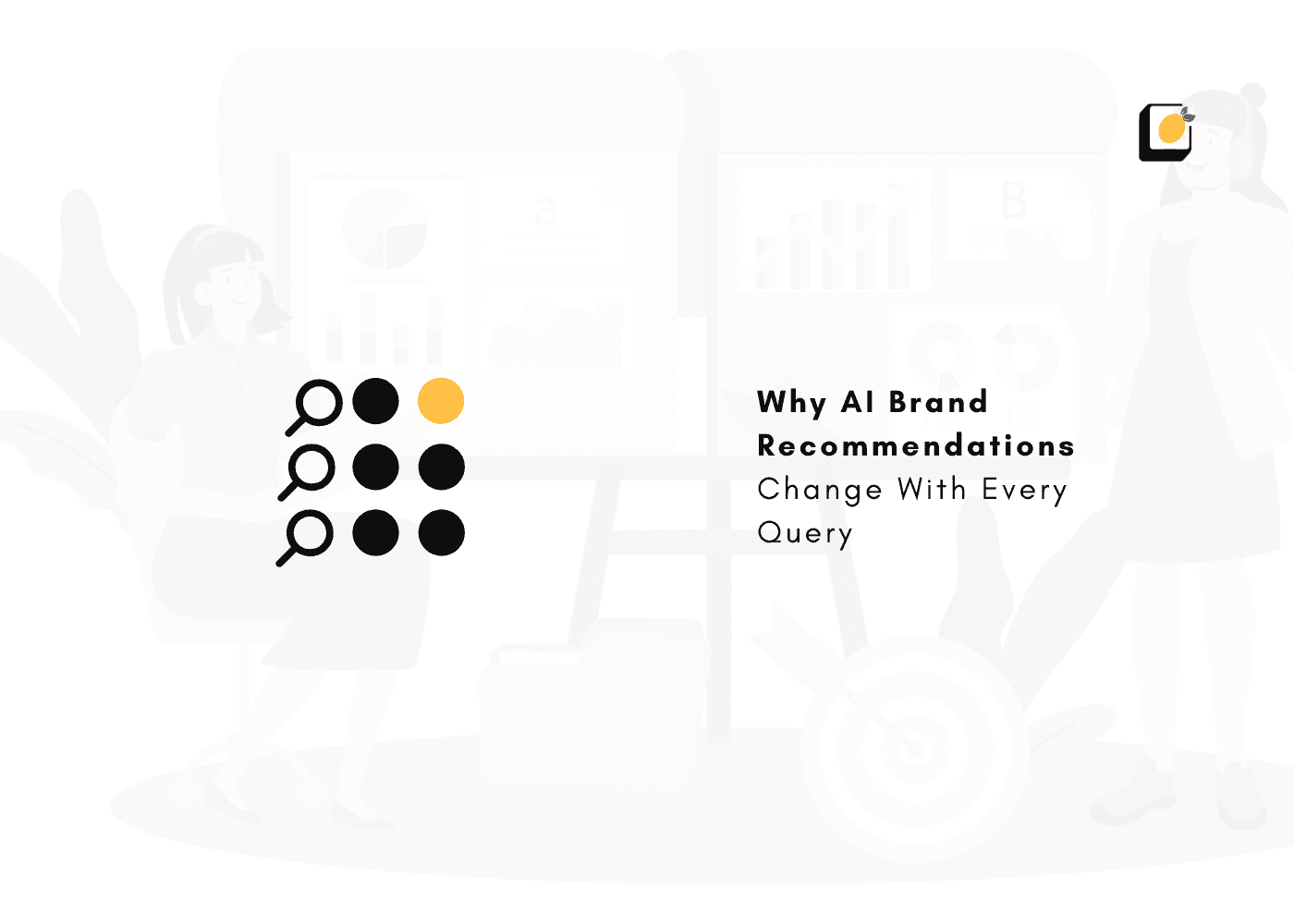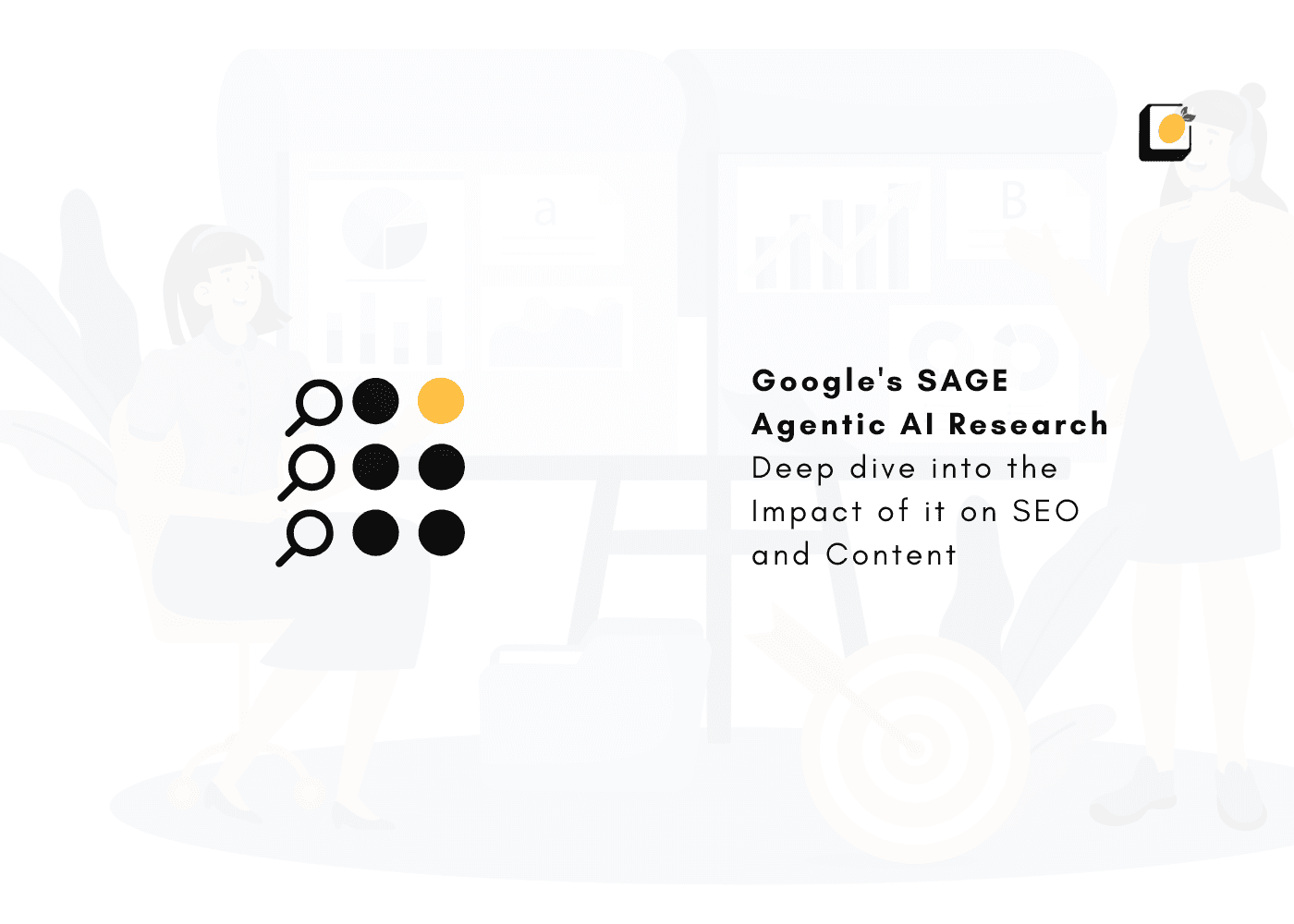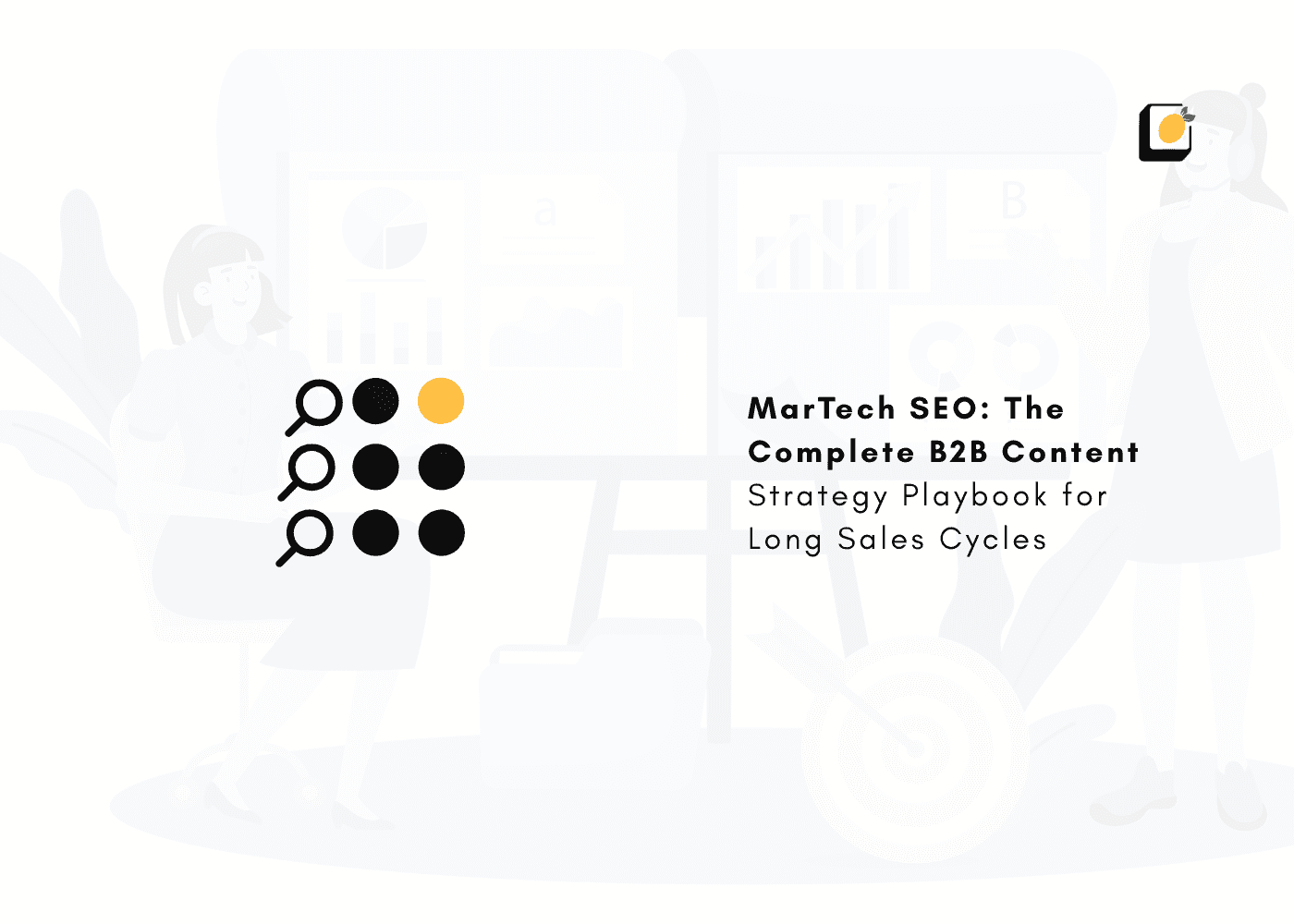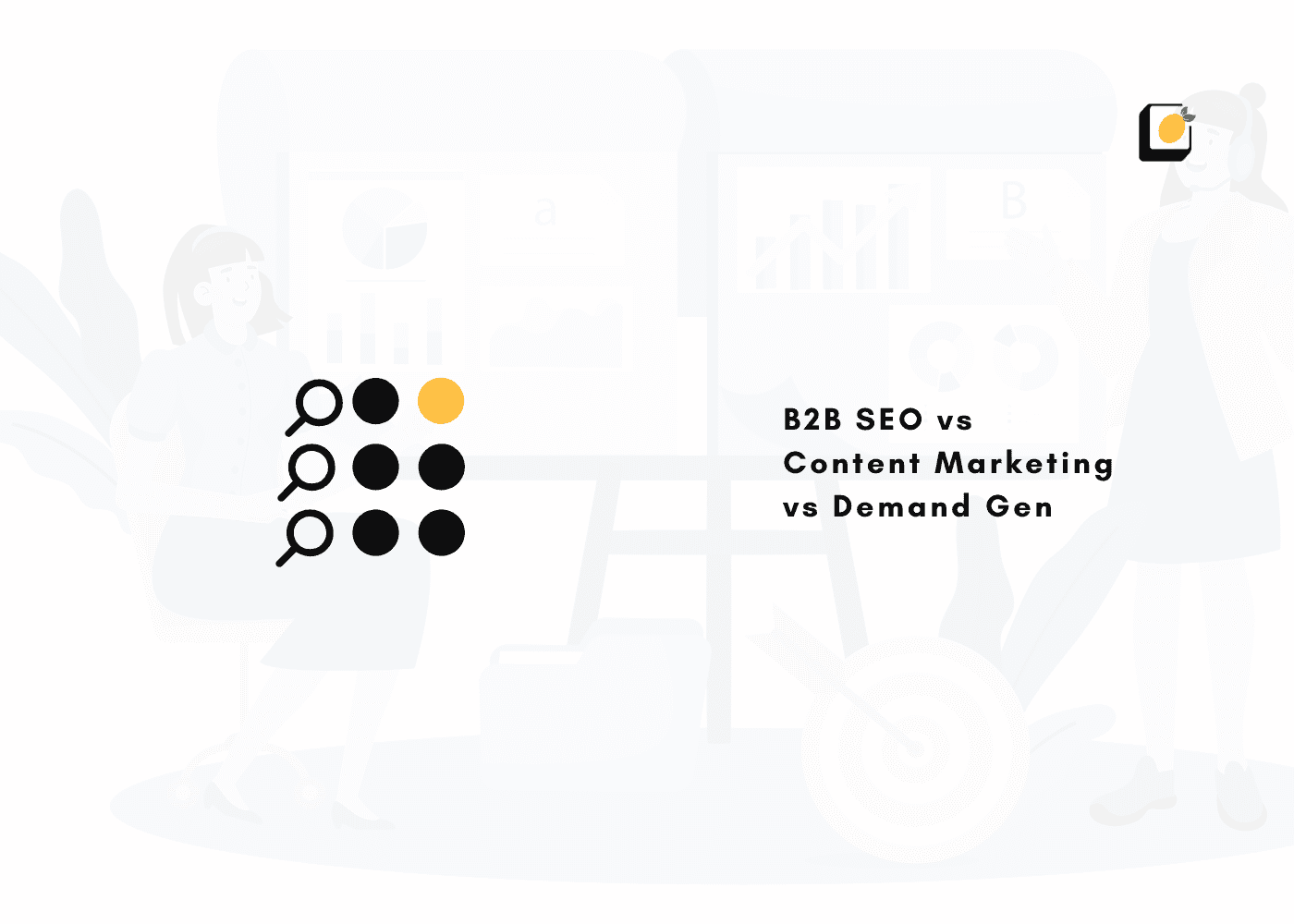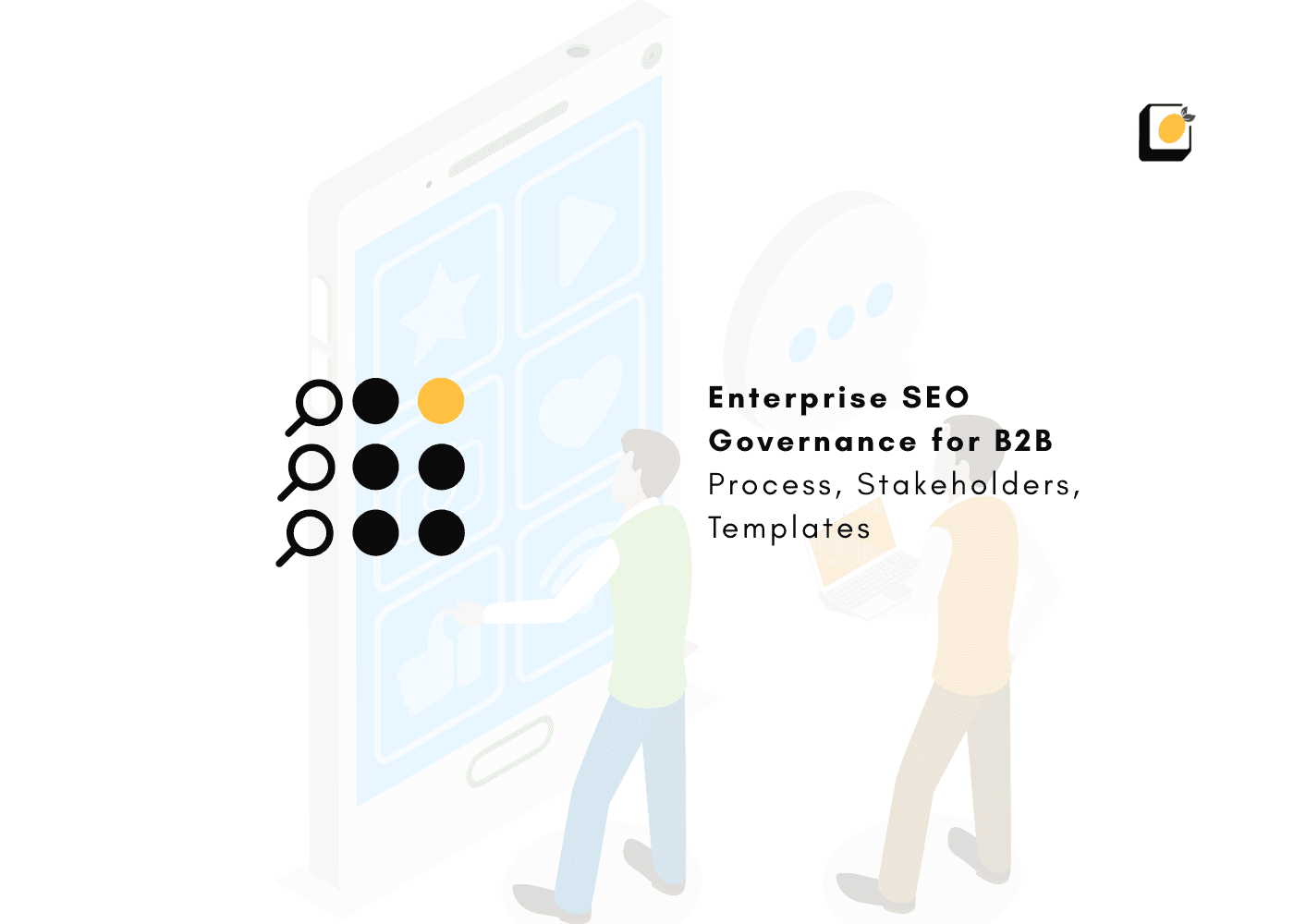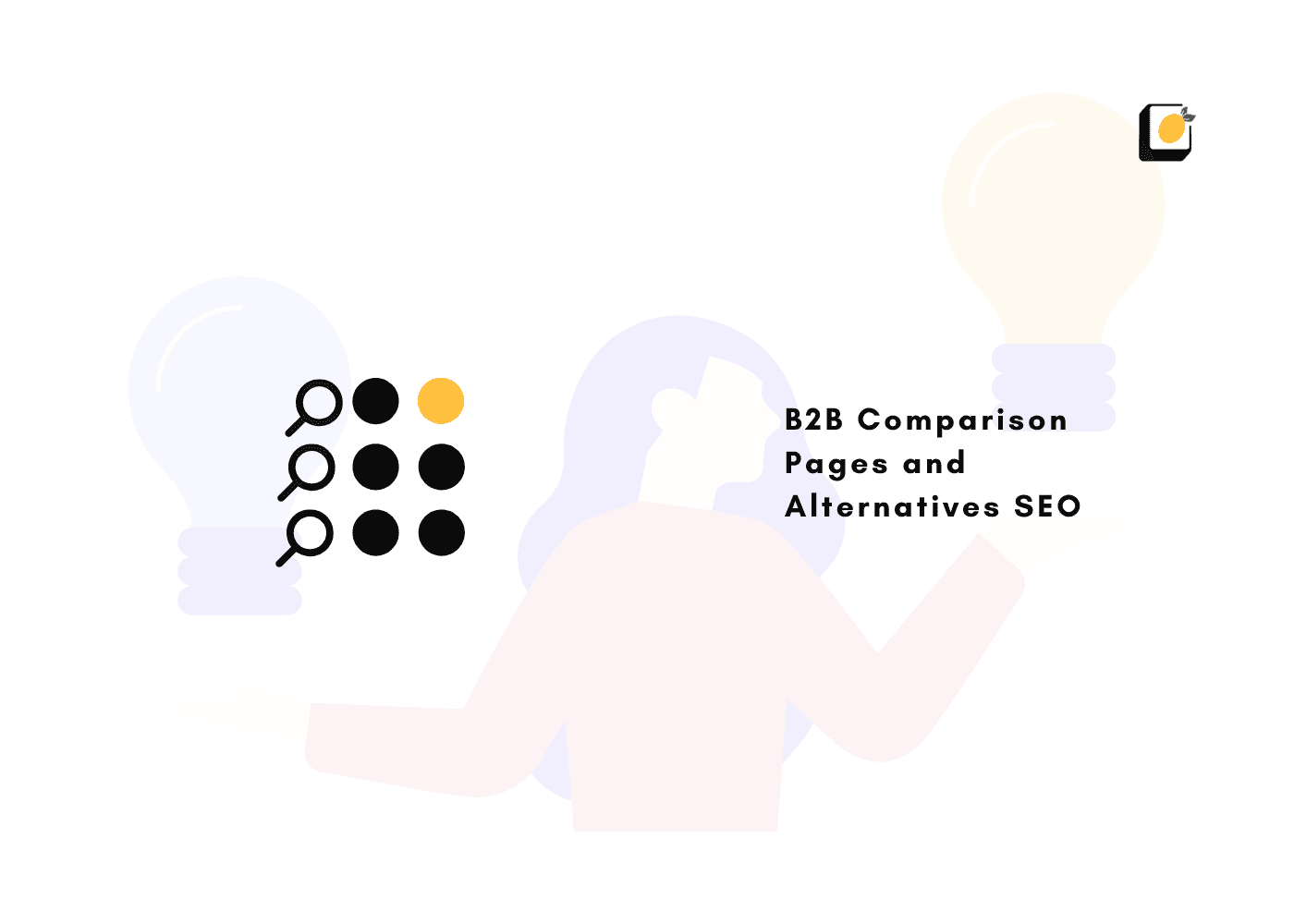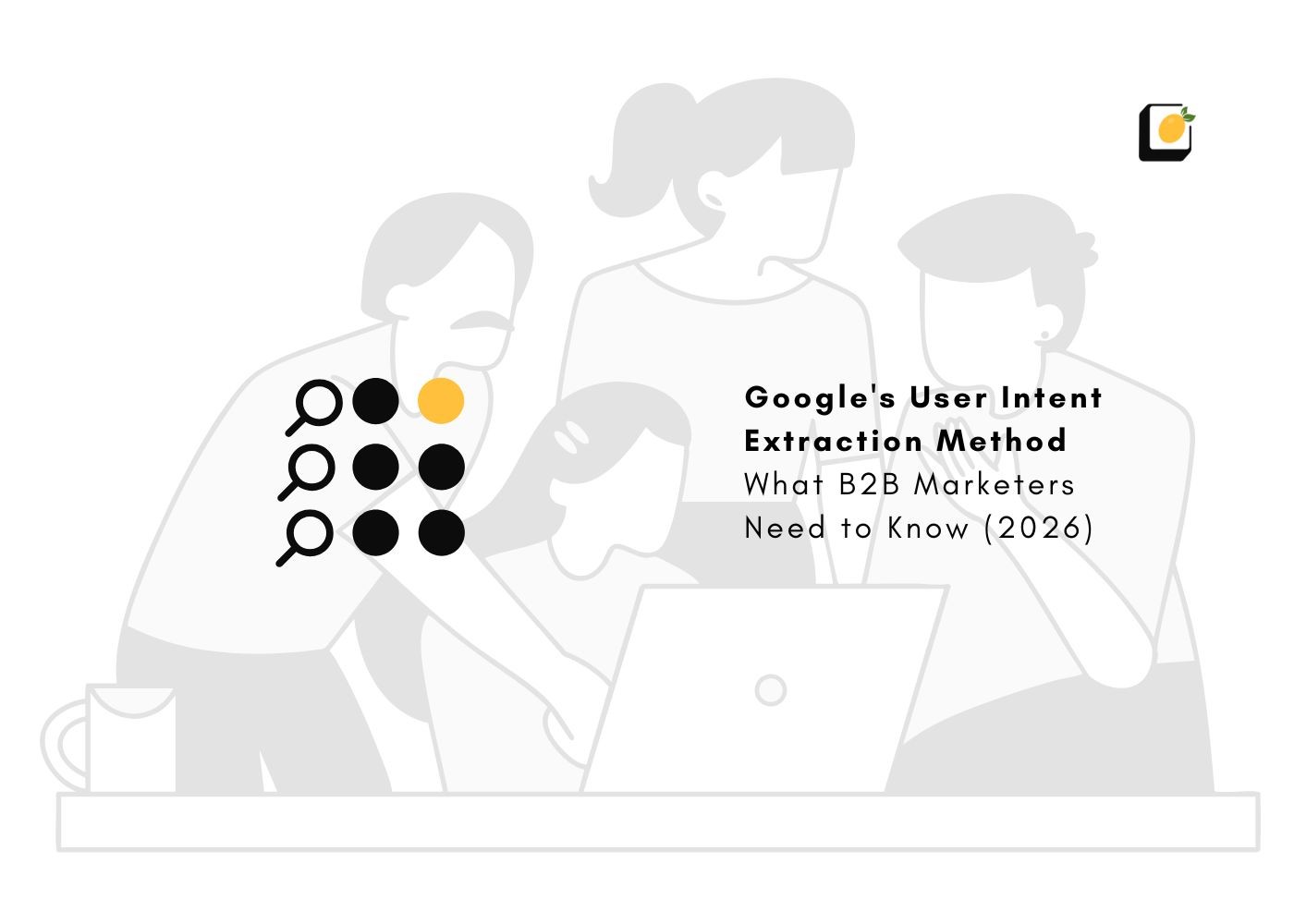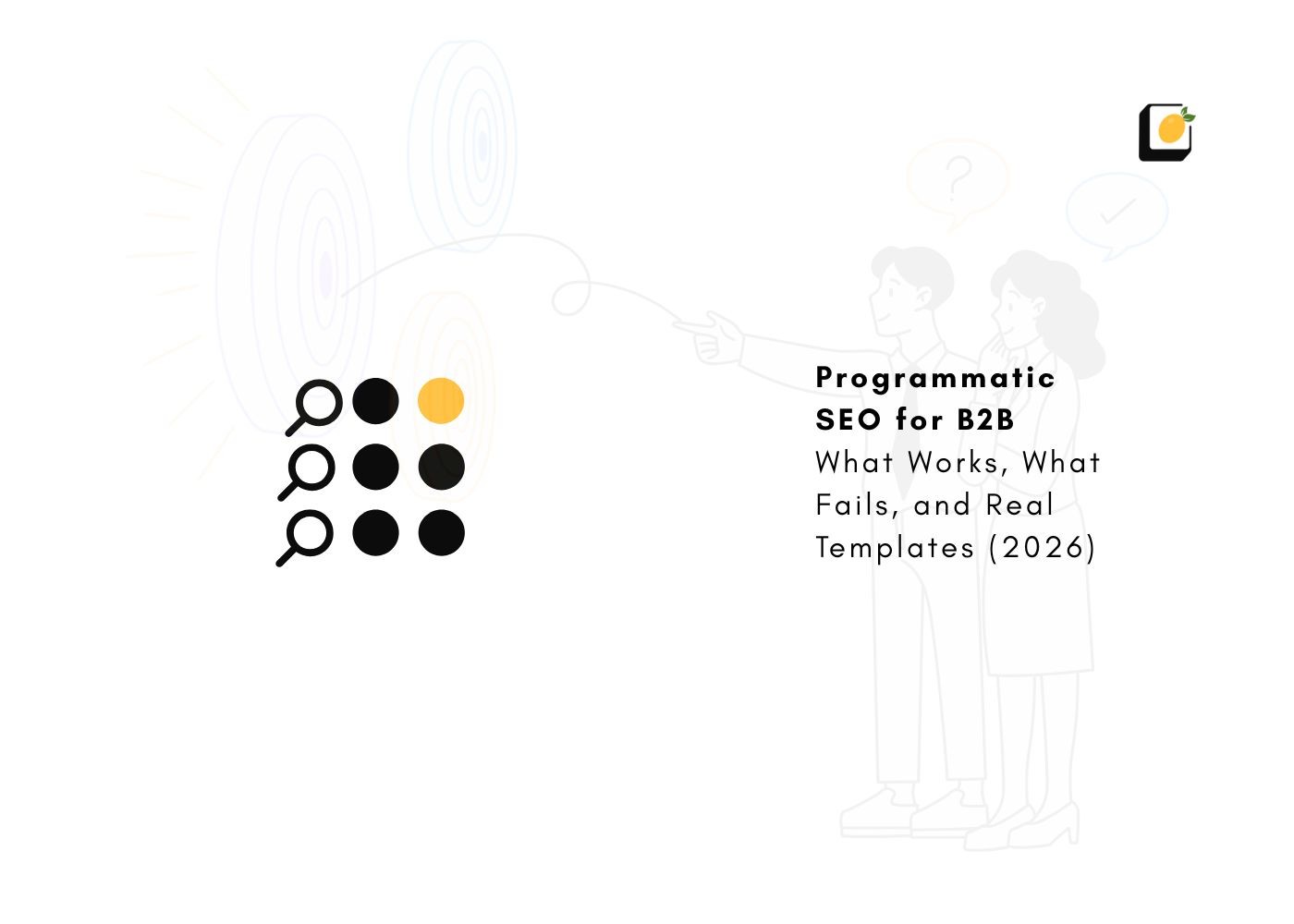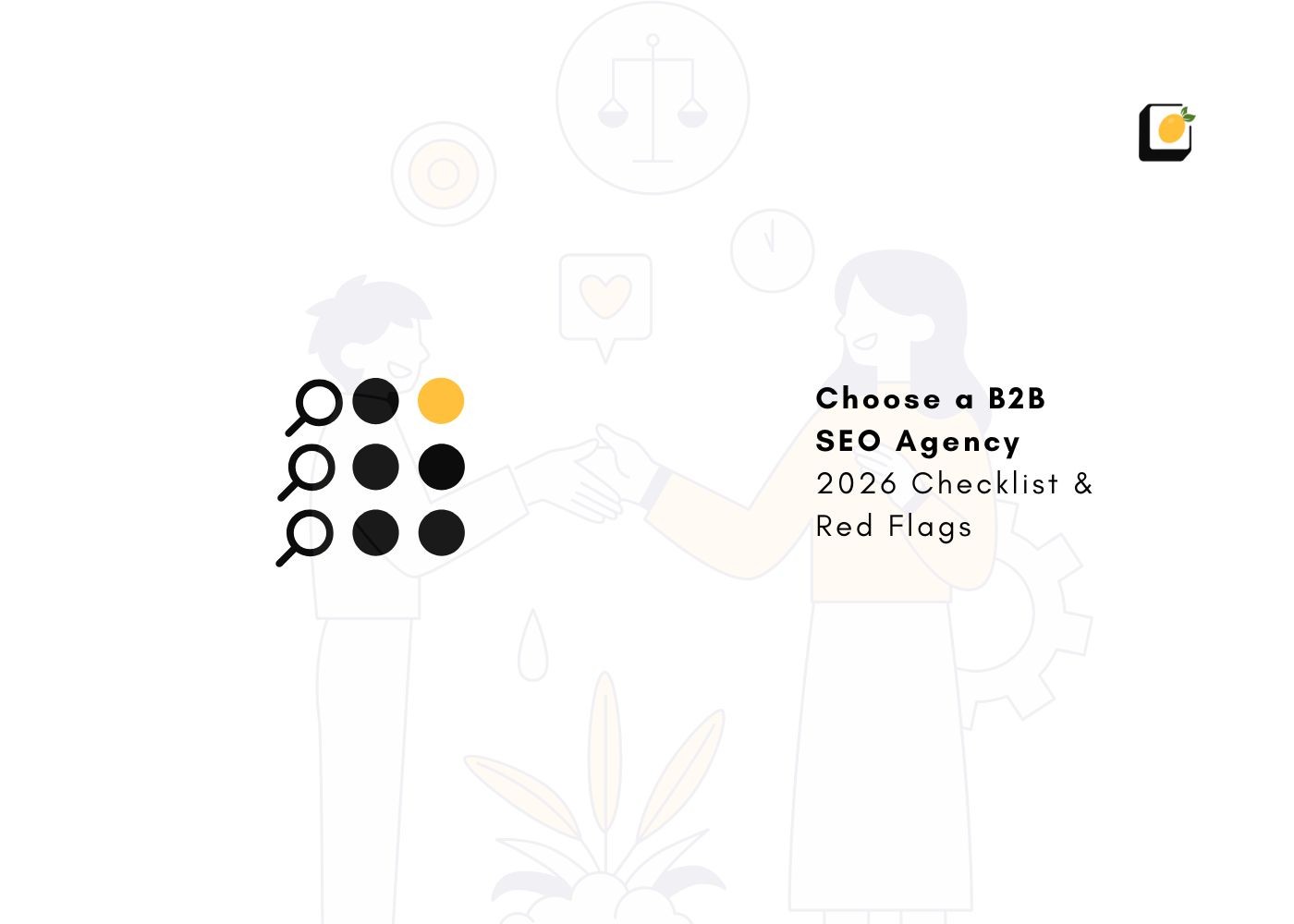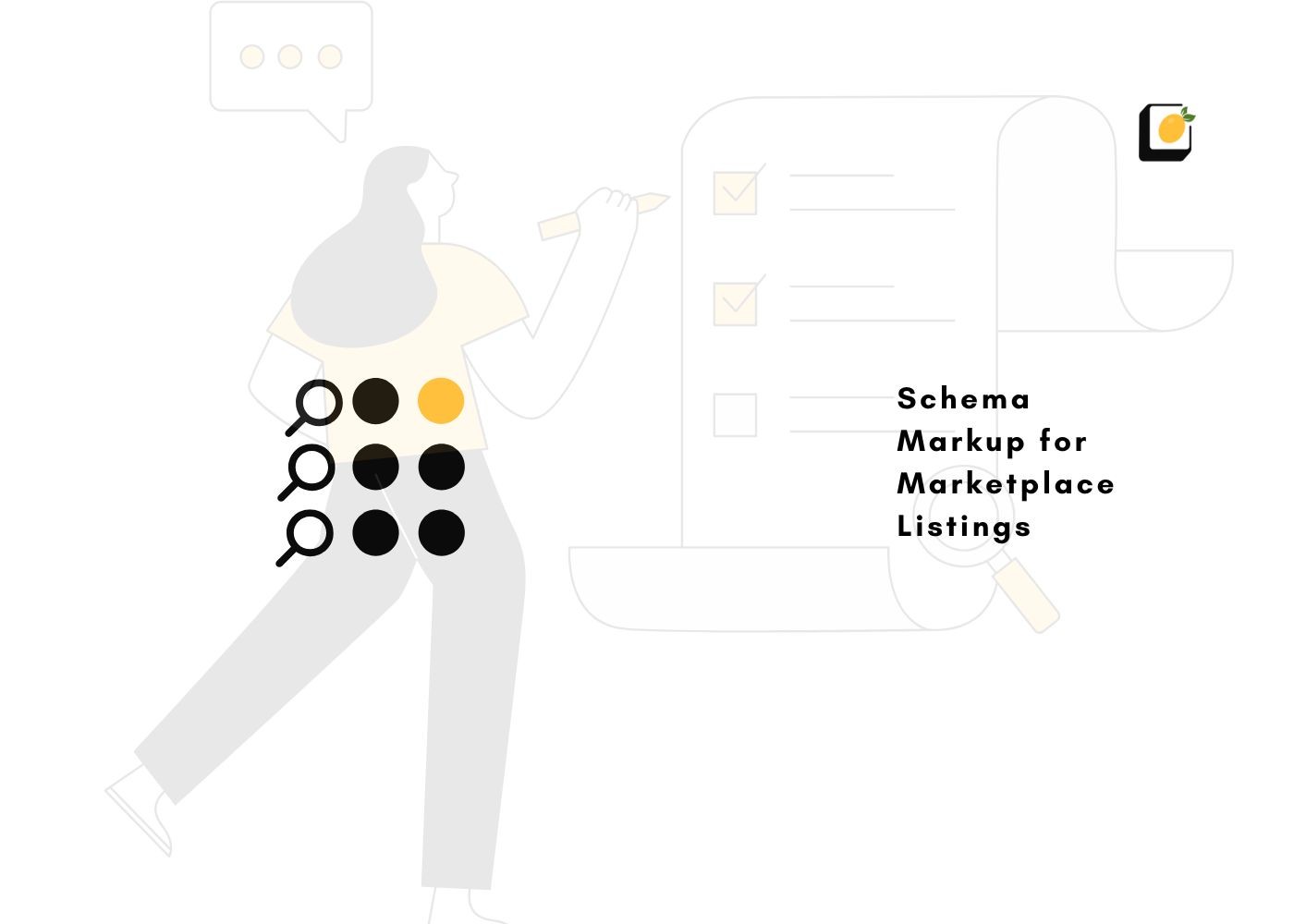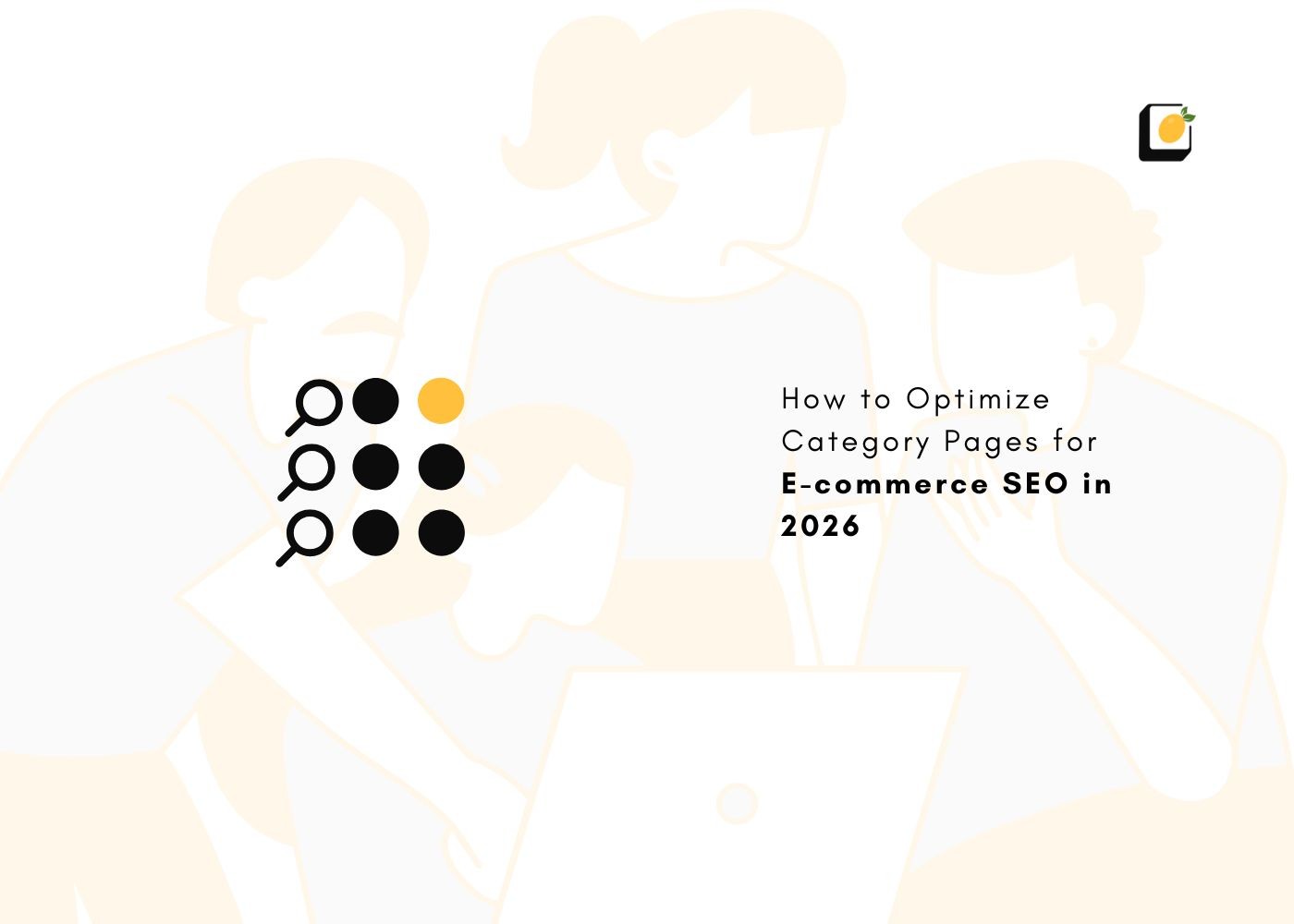Shopify Store Optimization for AI Search Engines: A Step-by-Step GEO Guide
July 25, 2025
Join 500+ brands growing with Passionfruit!
The future of online selling is hiding in plain sight. While most store owners chase yesterday's ranking tricks, according to the Semrush AI overview study, AI search features are increasingly influencing how customers discover businesses, appearing in approximately 13% of search queries as of 2025. Your Shopify store optimization for AI search engines isn't just about staying current, it's about survival in a world where artificial intelligence controls the gateway to your customers.
This guide transforms how you think about Shopify SEO optimization. After reading this, you'll understand exactly why AI changes everything, how to make your store visible to smart search systems, and what specific steps to take today. You'll stop guessing about optimization and start implementing proven strategies that work with how AI finds and ranks online stores.
Why AI Search Engine Optimization Matters for Your Shopify Store
AI has fundamentally changed how customers find products online. Search engine optimization isn't just about Google anymore, it's about being discovered by intelligent systems that understand what customers want before they finish typing their questions.
The numbers tell the story. AI SEO now influences online purchases, with AI tools for SEO, it helps businesses increase their revenue on average. Understanding how different AI models compare for SEO tasks becomes crucial when choosing the right optimization approach. When your store works well with AI systems, customers find you faster, stay longer, and buy more often.
How AI SEO Differs from Traditional Search Optimization
Traditional SEO was like putting up billboards on busy highways. You hoped the right people would drive by and notice your message. AI SEO is completely different, it's like having a smart assistant who knows exactly what each customer wants and can instantly recommend your products when they're perfect matches.
AI search engines don't just read your keywords. They understand the meaning behind your content, the problems your products solve, and how satisfied your customers feel after buying from you. This means your Shopify SEO optimization strategy needs to focus on being genuinely helpful, not just keyword-rich. Many stores are losing organic traffic because they haven't adapted to these fundamental changes in how search systems operate.
Impact of AI Tools for SEO on E-commerce Revenue
Smart store owners using AI tools for SEO report dramatic improvements in their business results. These tools help create better product descriptions, find the right keywords automatically, and even predict which content will perform best with AI search systems.
The revenue impact is clear and measurable. Stores that implement proper AI SEO optimization see increases in organic traffic within six months. More importantly, this traffic converts better because AI systems are excellent at matching customers with products they want to buy.
Essential Shopify SEO Foundation for AI-Powered Search
Building a strong foundation for Shopify SEO means understanding how AI systems evaluate and rank online stores. Unlike traditional search engines that relied heavily on backlinks and keyword density, AI focuses on user experience, content quality, and genuine helpfulness. The modern approach requires understanding SEO vs GEO vs AEO strategies to ensure comprehensive optimization across all search types.
Your store's technical setup determines whether AI can properly understand and recommend your products. AI and SEO work together when your site loads quickly, provides clear navigation, and presents information in ways that both customers and intelligent systems can easily process.
Technical Requirements for AI and SEO Integration
AI systems need your Shopify store to meet specific technical standards before they can confidently recommend your products to customers. These requirements focus on speed, mobile compatibility, and structured data that helps AI understand your inventory.
Site speed affects everything in SEO optimization. According to Google Core Web Vitals, Fast-loading sites (under 2.5 seconds) improve user experience, which search engines, including AI systems, consider as a ranking factor in search results. Slow sites get buried in AI recommendations because the systems prioritize user experience above all else.
Setting Up Your Shopify Store for Search Optimization Success
Proper store setup involves configuring your Shopify store with the right themes, apps, and settings that work well with AI search systems. This includes choosing mobile-responsive designs, organizing your product categories logically, and ensuring all your content is easily readable by both customers and AI.
The foundation elements include SSL certificates, clean URL structures, and proper internal linking. AI systems use these signals to determine how trustworthy and professional your store appears to potential customers. Following Google's 2025 guidelines and latest updates ensures your technical setup aligns with current search engine expectations. Getting these basics right sets the stage for all your future optimization efforts.
Step 1: Optimize Shopify Store Structure for AI Crawlers
Your store's structure determines how easily AI systems can understand and catalog your products. AI SEO optimization starts with creating clear pathways that guide both customers and intelligent search systems through your inventory logically and efficiently.
Smart store architecture helps AI crawlers discover all your products without getting confused or missing important pages. When AI systems can easily navigate your site, they're more likely to recommend your products to customers searching for items you sell.
Creating AI-Friendly URL Architecture
Clean URLs make a huge difference in SEO optimization because AI systems use them to understand what each page contains. Instead of random numbers and symbols, your URLs should clearly describe your products using words that customers search for.
Best practices include using descriptive product names, organizing URLs by category, and keeping them short but informative. For example, "yourstore.com/mens-running-shoes/nike-air-zoom" tells AI systems exactly what to expect on that page, making it more likely to appear in relevant search results.
Implementing Structured Data for Better AI Understanding
Structured data acts like a translator between your store and AI SEO optimization systems. It tells AI exactly what each product is, how much it costs, whether it's in stock, and what customers think about it through reviews and ratings.
Implementation involves adding special code to your product pages that AI systems can read and understand instantly. This code doesn't change how your store looks to customers, but it makes a massive difference in how AI systems interpret and rank your products in search results.
Step 2: Content Optimization Using AI for SEO Success
Content quality determines whether AI systems trust your store enough to recommend it to customers. Using AI for SEO means creating product descriptions, blog posts, and category pages that provide genuine value while naturally including the terms customers search for.
AI-powered content creation helps you write better descriptions faster while ensuring they work well with search algorithms. The key is balancing what customers want to read with what AI systems need to understand about your products.
Writing Product Descriptions for AI-Powered SEO
Product descriptions need to work harder in the age of AI-powered SEO. They must answer customer questions, include relevant keywords naturally, and provide enough detail for AI systems to understand exactly what you're selling and who should buy it.
Effective descriptions tell a story about how your product solves specific problems. Instead of just listing features, explain the benefits customers experience when they use your product. AI systems prefer this approach because it matches how real people think and search for solutions.
Blog Content Strategy for E-commerce SEO Growth
Strategic blogging accelerates e-commerce SEO by establishing your store as an expert in your product categories. AI systems pay attention to businesses that consistently publish helpful content because it signals trustworthiness and expertise to potential customers. Learning how to write SEO-optimized content with AI tools can significantly improve your content creation efficiency while maintaining quality.
Your content strategy should focus on answering the questions your customers ask before, during, and after purchasing your products. This might include buying guides, comparison articles, usage tips, and maintenance advice that keep customers coming back to your store.
Step 3: Technical Shopify Optimization for AI Search Engines
Technical optimization ensures AI systems can access, understand, and rank your Shopify optimization efforts effectively. This involves behind-the-scenes improvements that customers might not notice, but AI systems definitely do when deciding which stores to recommend.
Performance optimization directly impacts how AI systems evaluate your store's quality. Fast, reliable sites that work well on all devices get prioritized in AI recommendations because they provide better customer experiences.
Site Speed Optimization for AI Crawling Efficiency
Fast loading times are crucial for search optimization because AI systems simulate how real customers experience your store. If your pages take too long to load, AI assumes customers will have a poor experience and ranks your store lower in search results.
Speed improvements include optimizing images, choosing faster hosting, and minimizing unnecessary code. Tools like Google PageSpeed Insights show you exactly which changes will make the biggest difference in your site's performance and AI rankings.
Mobile-First Indexing for AI Search Compatibility
Mobile optimization is essential for SEO with AI because most customers now shop on their phones. According to Google Mobile-First Indexing, Search engines use mobile-first indexing, evaluating the mobile version of sites for ranking purposes in search results, making mobile performance more important than desktop optimization.
Mobile-first design means your store works perfectly on small screens with fast loading times and easy navigation. This includes readable text without zooming, clickable buttons that aren't too small, and checkout processes that work smoothly on touchscreen devices.
Advanced AI SEO Tools Integration for Shopify
Modern SEO success requires the right AI SEO tools working together to optimize your store automatically. These tools handle time-consuming tasks like keyword research, content optimization, and performance monitoring while you focus on growing your business.
Tool integration amplifies your Shopify SEO optimization efforts by automating repetitive tasks and providing insights you might miss when doing everything manually. The best tools work behind the scenes to improve your store's AI search performance continuously.
Essential Shopify SEO Tools for AI Integration
The right combination of Shopify SEO tools can transform your store's search performance. Essential tools include keyword research platforms, content optimization software, technical SEO analyzers, and AI-powered writing assistants that help create better product descriptions.
Popular tool categories include apps that optimize your Shopify store's technical performance, platforms that track your search rankings, and AI services that help create content that ranks well in search results. Choose tools that integrate well with Shopify and provide clear, actionable recommendations.
Implementing SEO Using AI Automation
Automation streamlines SEO using AI by handling routine optimization tasks without constant manual intervention. This includes automatically optimizing meta descriptions, generating product tags, monitoring site performance, and even creating content suggestions based on trending search terms.
Smart automation frees up your time to focus on strategy and customer service while ensuring your store stays optimized for AI search systems. The key is setting up systems that improve your SEO consistently without compromising the quality that customers expect. Understanding ChatGPT's integration with Shopify opens up powerful automation possibilities for modern ecommerce optimization.
Monitoring and Analytics for AI SEO Performance
Performance tracking tells you whether your SEO and AI optimization efforts are actually working. Without proper monitoring, you're optimizing blind, making it impossible to know which strategies deliver results and which ones waste your time and money.
AI-specific metrics differ from traditional SEO measurements because AI systems evaluate stores differently than older search engines. You need to track how AI systems discover, understand, and recommend your store to potential customers.
Tracking AI Search Engine Rankings
Ranking monitoring for search engine optimization AI requires specialized tools that can track how your store appears in AI-powered search results. Traditional ranking tools might miss how AI systems present your products to customers in conversational search results.
Effective tracking includes monitoring your store's visibility in AI overviews, voice search results, and personalized AI recommendations. This data helps you understand which optimization strategies are working and where you need to make improvements to stay competitive.
Performance Metrics for SEO Optimization AI
Key performance indicators for SEO optimization AI include AI recommendation frequency, click-through rates from AI-powered search results, and conversion rates from AI-driven traffic. These metrics show how successfully your store works with AI systems to attract and convert customers.
Regular analysis of these metrics helps you adjust your optimization strategy based on real performance data rather than guessing about what works. Focus on metrics that directly connect to revenue and customer acquisition rather than vanity metrics that don't impact your bottom line.
Key Takeaways
AI search engines prioritize user experience and content quality over traditional ranking factors like keywords and backlinks.
Implement structured data markup and a fast-loading, mobile-friendly design to help AI systems understand and recommend your store.
Create comprehensive product descriptions that answer customer questions naturally rather than stuffing keywords.
Use AI SEO tools for automation while maintaining human oversight to ensure quality and brand consistency.
Focus on technical excellence with site speed under 2.5 seconds, clean URL structure, and proper internal linking.
Monitor AI-specific metrics like recommendation frequency and AI search visibility rather than just traditional SEO rankings.
FAQ
How do I optimize my Shopify store for AI search engines?
Start by ensuring your Shopify store optimization for AI search engines focuses on comprehensive product descriptions, fast loading speeds, and a mobile-friendly design. Implement structured data markup to help AI systems understand your products, create detailed FAQ sections, and write content that answers customer questions naturally.
What are the best AI SEO tools for Shopify?
The best Shopify apps for AI SEO include Shopify Magic for content generation, SEO Manager for technical optimization, and TinyIMG for image optimization. Additionally, tools like Semrush and Ahrefs now offer AI-specific features, while specialized platforms like Frase help optimize content for AI search results.
How is AI changing SEO for e-commerce stores?
The impact of AI on Shopify SEO is transforming how customers discover products online. AI systems prioritize user experience, content quality, and genuine helpfulness over traditional ranking factors. This means focusing on comprehensive product information, customer satisfaction, and technical excellence rather than just keywords and backlinks.
What's the difference between traditional SEO and AI SEO?
Traditional SEO focused on ranking individual pages for specific keywords, while AI SEO emphasizes being cited and recommended by intelligent systems. AI-powered SEO requires creating content that AI can understand, synthesize, and present to users as part of comprehensive answers rather than simple search results.
How do I improve my Shopify store's search rankings?
Improve Shopify SEO by focusing on site speed optimization, mobile responsiveness, structured data implementation, and creating high-quality content that addresses customer needs. Use AI SEO tools for Shopify to automate optimization tasks and monitor your performance in AI-powered search results regularly.


